Beyond the FEU, there are at least 15 other Ukrainian lobbying organizations that spend more than 50,000 euros in Brussels. While lobbying is a legally well-defined activity, in many cases it does not simply involve advocacy but rather the outright bribery or purchase of politicians. Brussels is no stranger to this practice—recently, Arab nations have also bought political influence (as seen in the Eva Kaili case). It is not inconceivable that Ukrainian companies have used the billions of forints accounted for under the umbrella of lobbying to actually pay off politicians in Brussels.
Nine Million Euros from a Single Organization
According to LobbyFacts' EU transparency register, the FEU spent nine million euros (roughly 3.5 billion forints) on lobbying in Brussels in 2024. The organization officially registered as a lobbying group with the EU in March 2023. The FEU’s lobbying activities have focused on the following areas:
• Integrating the Ukrainian economy into the EU market: the organization works to ensure that as many Ukrainian goods and services as possible enter the EU market.
• Influencing industrial policy and regulations: the FEU played a role in drafting aspects of the EU’s Carbon Border Adjustment Mechanism (CBAM). This basically means that Brussels bureaucrats were helped by a Ukrainian organization in determining what qualifies as pollution, and what does not.
• Liberalizing transportation rules: the goal is to enable Ukrainian transport companies to operate more freely within the EU.
The FEU is part of BusinessEurope, a major European corporate alliance whose members have direct access to EU decision-makers. In 2024, the FEU participated in three high-level negotiations with the European Commission, discussing issues related to Ukrainian industry, green transition policies, and export subsidies.
Unsurprisingly, Ukrainians have successfully lobbied Brussels over the past year—to the detriment of Hungarian and other European producers,
– the Tuzfalcsoport emphasized in its analysis. In 2023, Ukrainian lobbyists helped ensure that Ukrainian industrial products gradually meet EU standards, allowing them easier access to the EU market. They also contributed to the development of regulatory frameworks that specifically benefit Ukrainian industrial and agricultural businesses. Moreover, Ukrainian lobbyists in Brussels secured customs and administrative relief measures for Ukrainian exporters.
These measures clearly serve Ukraine’s economic interests, while potentially creating unfavorable market conditions for their European competitors.
How Much Do Other Ukrainian Organizations Spend on Lobbying?
Beyond the FEU, several other Ukrainian organizations are actively lobbying in Brussels. We compiled a list of the 15 largest Ukrainian lobbying organizations and their 2024 lobbying expenditures.
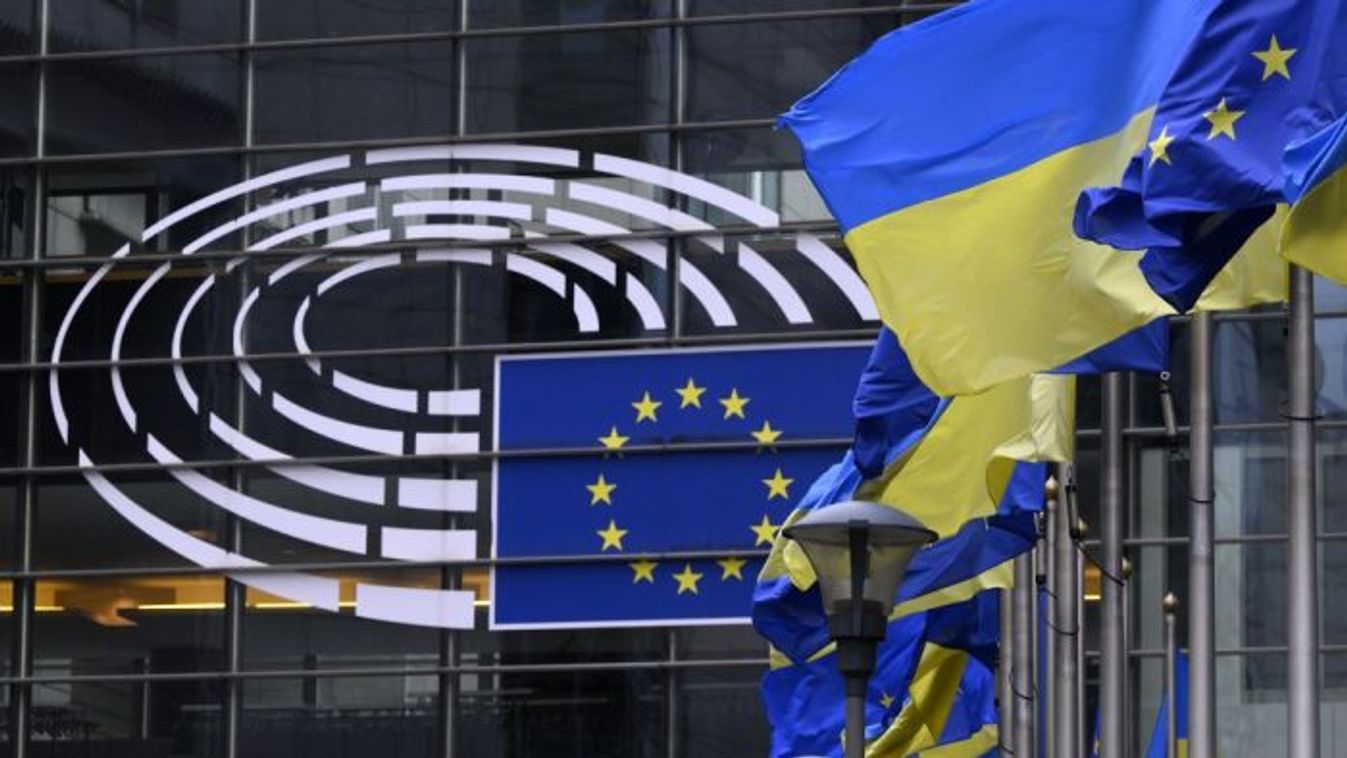

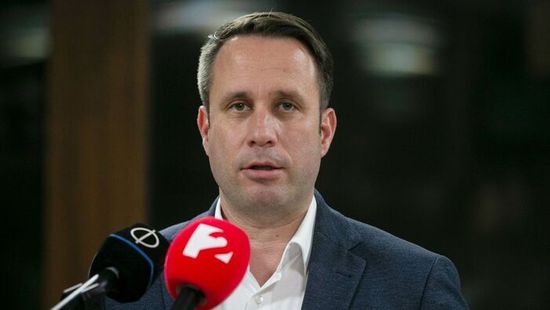
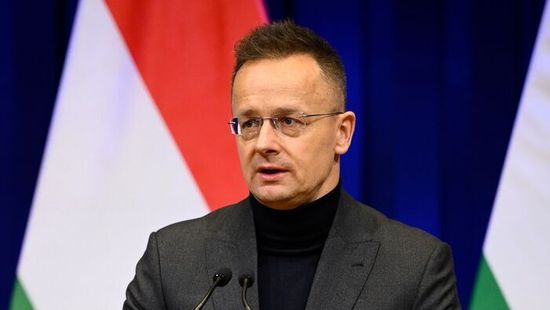
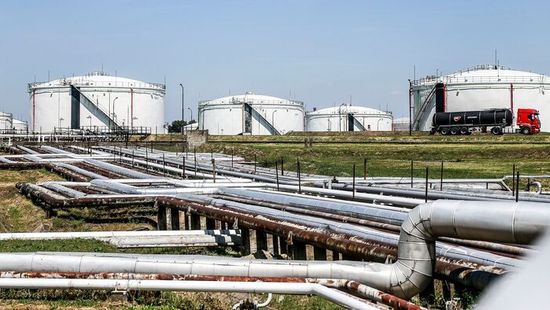


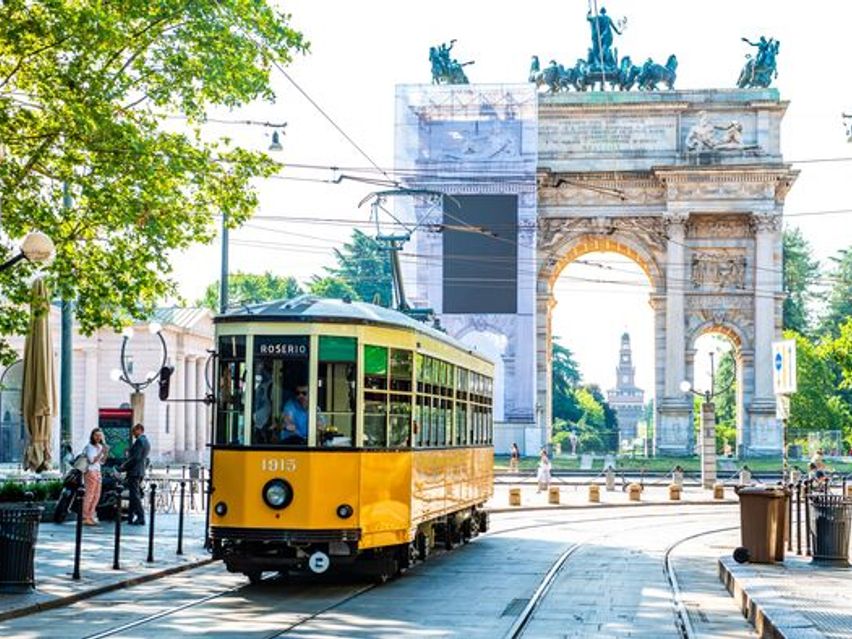

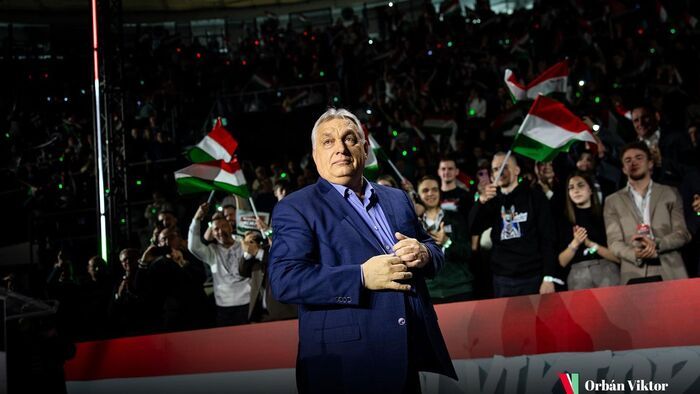



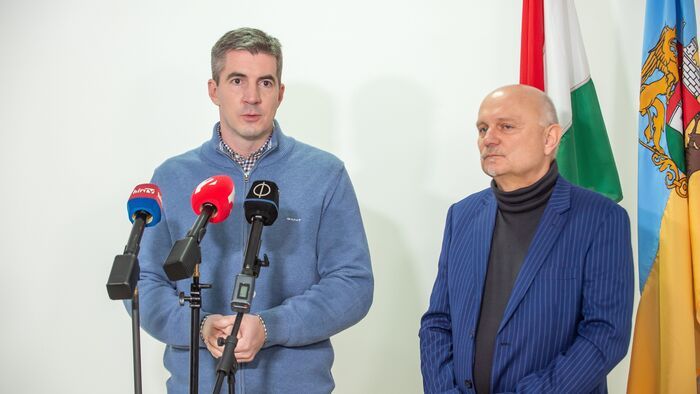

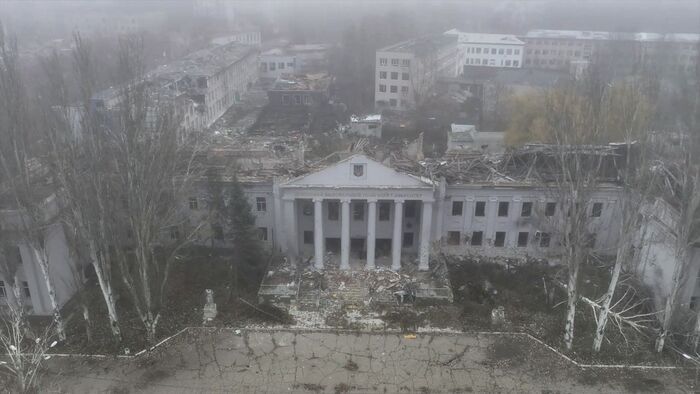
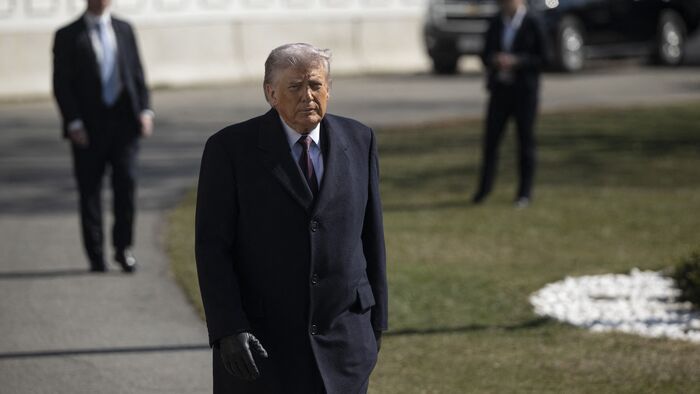
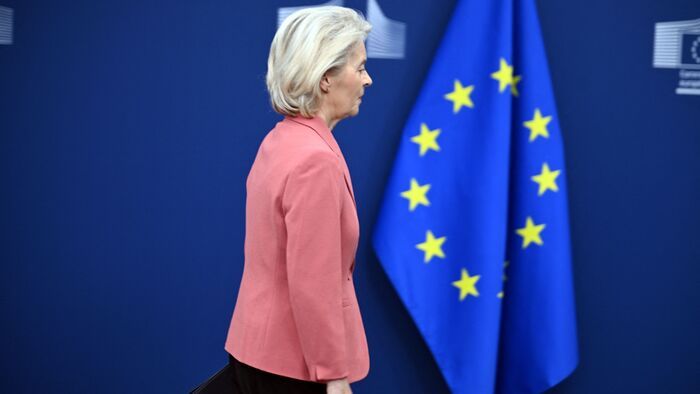


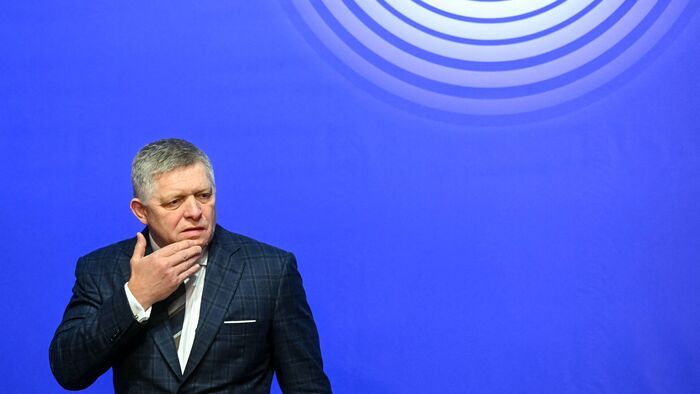


Szóljon hozzá!
Jelenleg csak a hozzászólások egy kis részét látja. Hozzászóláshoz és a további kommentek megtekintéséhez lépjen be, vagy regisztráljon!